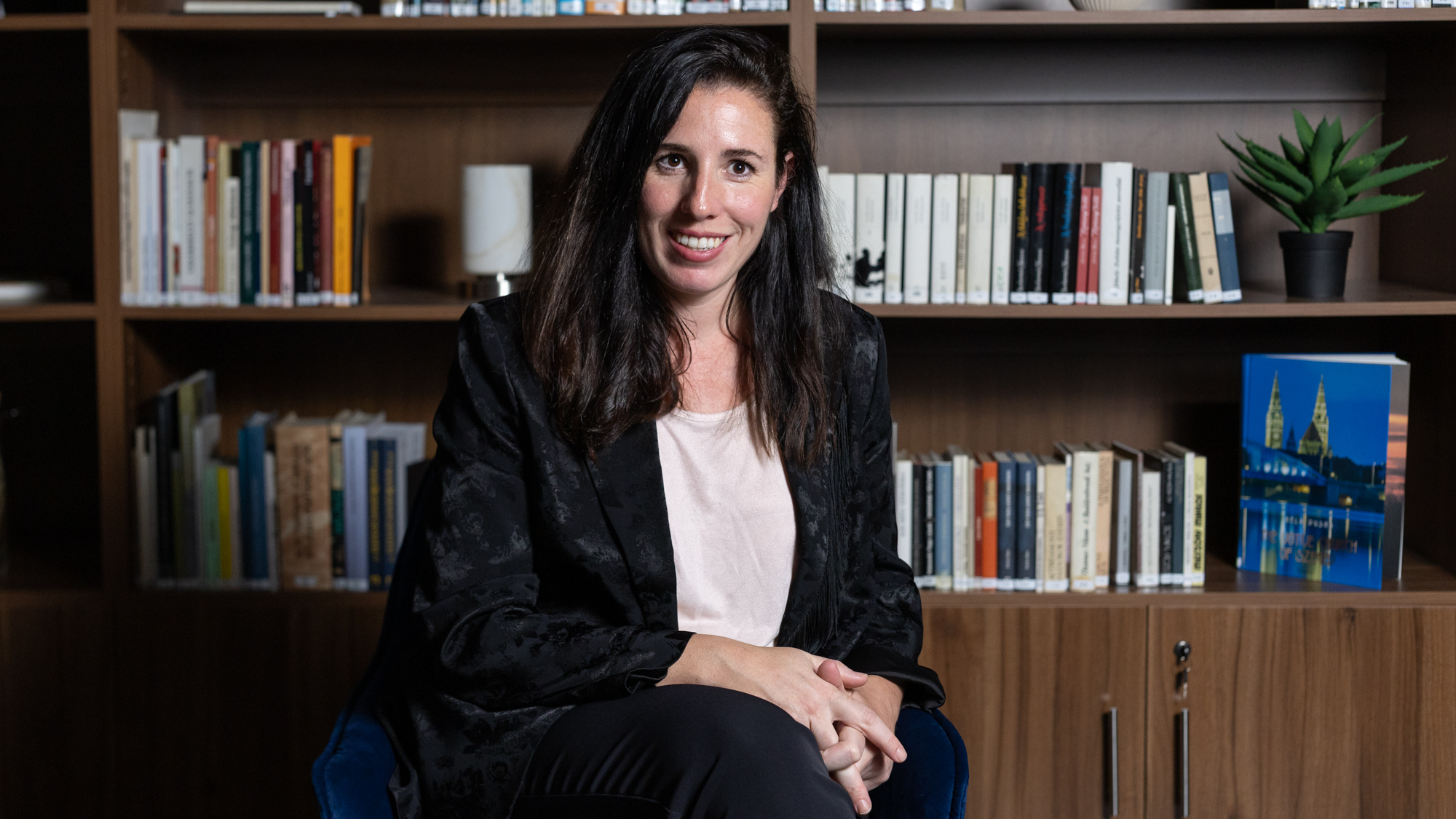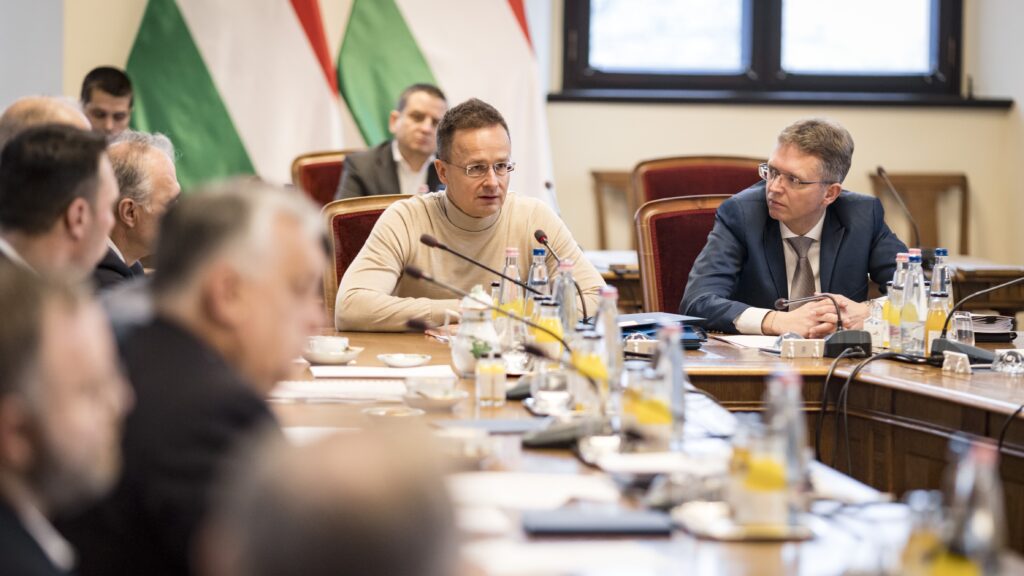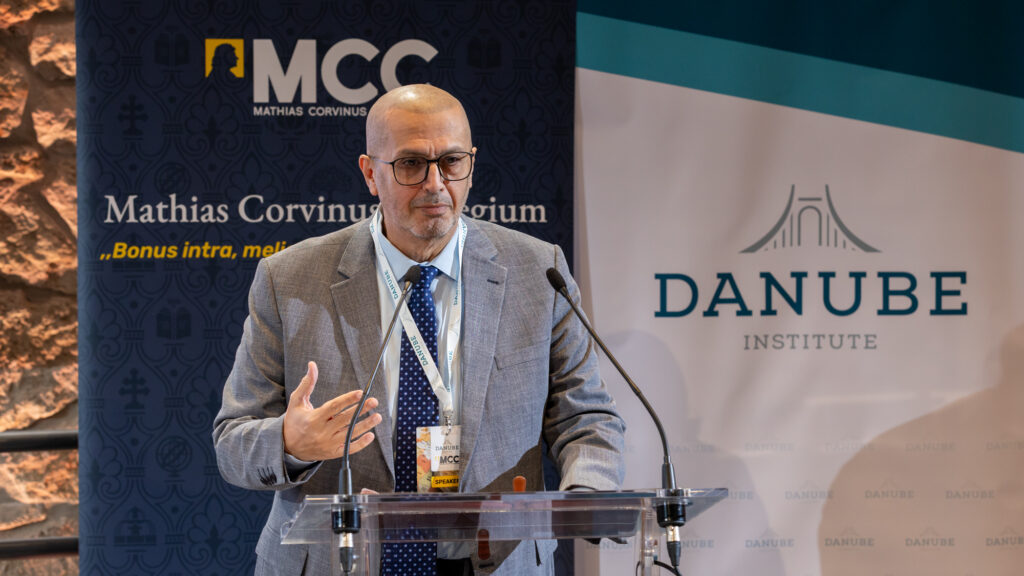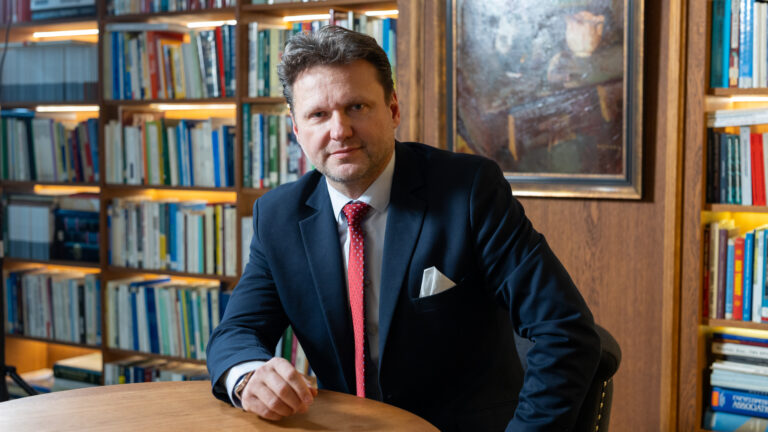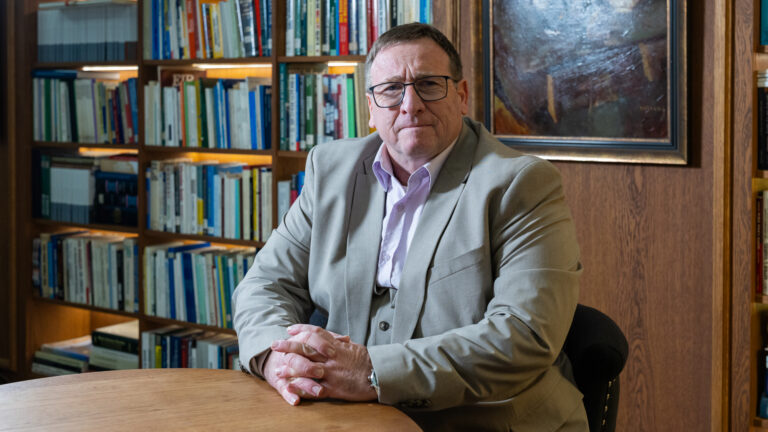Rocío de Meer Méndez is a Spanish politician and member of Vox, known for her uncompromising stance on migration, national identity, and security. A rising figure on the European right, she has become a prominent advocate of remigration policies and a vocal critic of open-border politics. Speaking to Hungarian Conservative at the MCC–MRI joint summit in Szeged, she highlighted the cultural and security consequences of mass migration, expressed hope in the emerging ‘Generation Remigration’, and reaffirmed Vox’s ambition to play a leading role within the Patriots for Europe alliance.
***
You have argued that remigration and mass deportations are necessary to address the negative consequences already visible across Europe. Media reports also attributed to you a figure of 7–8 million, which you later rejected. In concrete terms, what number do you believe would be required in Spain to tackle mass migration effectively?
The certain thing is that if we have had decades of mass migration policies—meaning open-border policies and mass entry—then the logical solution to years of uncontrolled immigration is mass deportations, or remigration, whatever we want to call it. Because all those people who are incapable of integrating into our community, and who are in fact transforming our community to the extent that we fear for our collective identity, must be dealt with somehow. And this is the most logical solution.
Now, regarding the 7–8 million number: my answer to the government is that I do not know how many people must be deported. They have the numbers—we do not. What we say is that if we arrive in government, we are willing to end open-border policies and we will carry out mass deportations. But we cannot set the number in advance because we do not have the data. And, as national police and people inside the Interior Ministry tell us, not even the current government knows the real number. They do not have control over who has entered Spain in recent years. That is very concerning: not only are they leading open-border policies, they are not even controlling who is coming into our homeland—neither the numbers nor the individuals.
The Spanish government knows everything about every Spaniard, but they are not controlling who enters our country. We know the consequences of that. Not everyone who enters has bad intentions, obviously, but those who do come illegally—often precisely because of the open-border policies—and we suffer the consequences. Two years ago we had a jihadist attack in southern Spain, where the assassin shouted ‘Allahu Akbar’. We must not get used to hearing terrorist attacks carried out under that cry in Europe. That is not natural.
And beyond jihadism, we spoke about another kind of terrorism: the violence against women. Women in Spain, and in Europe more broadly, are experiencing fear and hatred due to mass migration from cultures that reject women. We see constant news reports of girls being raped in Spanish neighbourhoods by people who entered through open-border policies. Sexual assaults have increased 275 per cent in the last five years, according to the government’s own data. So we say very clearly: this must be stopped as soon as possible. Every day that passes is too late.
Mainly due to this, there is a growing movement on social media called Generation Remigration, involving many young female political influencers. How, in your view, could this genuine political will be translated into influence within European decision-making?
Decision-making in my country right now is not possible because we are not in government. But every day we struggle to change things and to reach positions where we can make decisions real. I have a lot of hope in Generation Remigration. I believe there is a generation of Europeans, of Spaniards, who feel dispossessed of what is elemental—their identity, their roots, their bonds, what their fathers and grandfathers had. They are dispossessed, and they are responding.
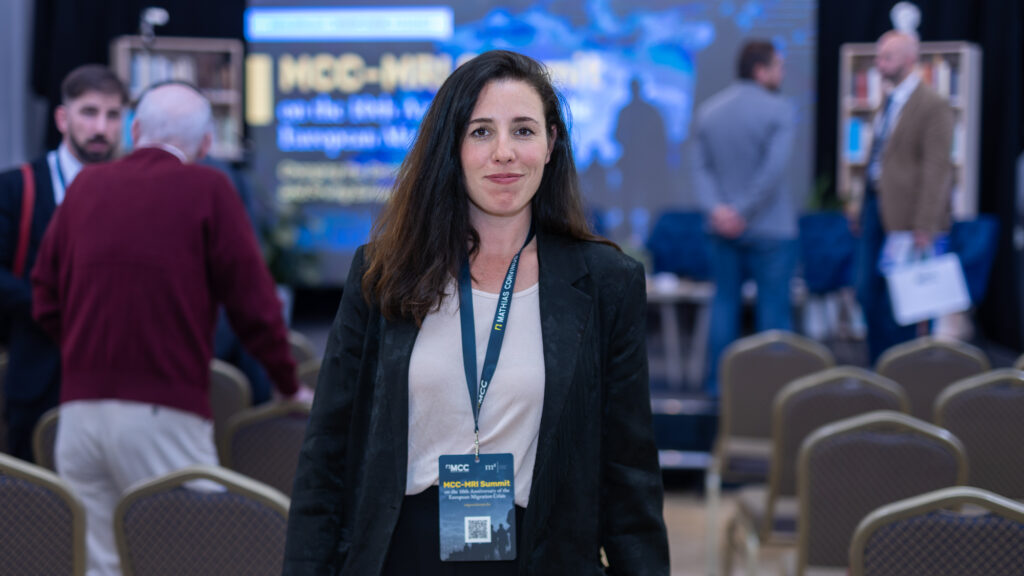
Those who say this generation is extremist—I would answer that the real extremists are the politicians who made Europe into ‘no places’; the extremists are the policies that turned our streets, squares and neighbourhoods into places that no longer feel like our homeland. So I do have hope in this generation—and I am obligated to have hope for my country. I struggle every day for that.
Your party has gained significant support since the last general elections, with polls now placing you at around 16–17 per cent. Yet that remains far from a governing majority. From which segments of the electorate could Vox realistically expand its support? And would you consider entering a coalition with the People’s Party if such a scenario were to arise?
Generally, we do not trust the polls. Many times they are just political ammunition for the government or the opposition. So we don’t put much faith in them. Our real polls are in the streets—in the neighbourhoods that are suffering under open-border policies. That is where we measure support.
As for forming a government with the People’s Party: we have said many times that we will not participate in an operation that merely changes faces but keeps the same policies. We are fighting to change policies, not just replace one leader with another. We have experience governing with the People’s Party in some Spanish regions, and we broke those governments a year ago because they continued with open-border policies. We will not accept that.
Santiago Abascal has recently been elected President of Patriots.eu. Do you see Vox evolving into a major force on the European right, comparable to Fidesz in Hungary or Marine Le Pen’s National Rally in France?
I have confidence in that. I don’t know if I just think it or dream it—but I truly believe in my leader, Santiago Abascal. And I believe in him for one main reason: I truly think he is the last opportunity for my country.
Related articles:

